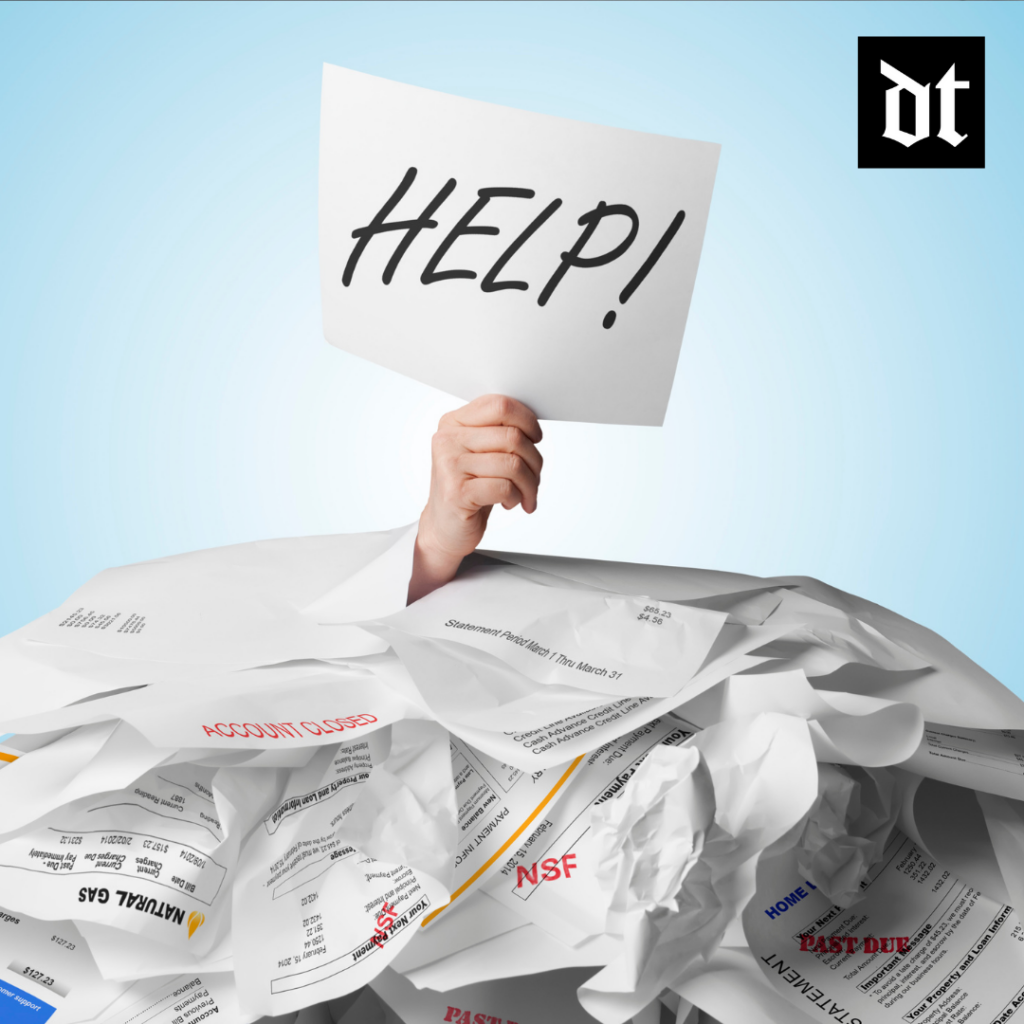
The 2020 global pandemic proved how fragile the world economy is. With little security and no assurances, many of us were forced to learn the hard way that nothing is promised, much less our jobs. The pandemic days may be well behind us, but the loss of employment is not. Anytime you could be laid off, your contract is paused or terminated, so it is best to be prepared, especially when juggling debt. But fear not! We have broken down some ways to handle your debt when collectors come calling in the wake of unemployment.
1. Prioritize Your Debt
When it comes to managing debt, it is important to prioritize certain bills over others. For example, you should always pay rent or mortgage payments before anything else since not doing so could result in eviction or foreclosure. You should also try to make payments on debts such as car loans and student loans, as these can have serious consequences if not paid off. On the other hand, credit card debts can be put off until later without any major repercussions.
2. Contact Your Creditors
If you cannot pay, contact your creditors as soon as possible and explain your current situation. Explain why you cannot make a payment and what steps you plan to take to pay them back eventually. Most creditors are willing to work with debtors during times of hardship and can lower interest rates, extend the timeline or waive late fees while you get your financial footing. If you require professional assistance with the negotiations, speak with an attorney specializing in dispute resolution before attempting talks with creditors yourself.
3. Seek Financial Assistance

Do you still need help making payments due to a lack of income? There may be financial assistance programs available in your area that can help provide relief from debt payments temporarily. These programs vary widely by state, so research online or contact local government agencies for more information about the programs offered in your area.
4. Consolidate Your Debts
Consolidating all your outstanding debts into one loan can help simplify the repayment process and potentially reduce the interest rate on existing loans significantly depending on how much money is owed and what type of consolidation loan is taken out (for example, an unsecured personal loan vs a secured loan). Be sure to do extensive research into different consolidation options before choosing one, as both benefits and drawbacks are associated with each option depending on individual circumstances related to employment status and credit score, among other things.
5. Utilize Credit Counseling Services

Credit counseling services offer free advice from experienced professionals who specialize in helping people manage their debts effectively while also providing resources like budgeting worksheets or educational materials related to understanding credit reports, which can all help improve financial literacy overall, which will come handy when it comes time to start looking for employment again.
Conclusion
Managing debt during unemployment can feel like a double burden, but it doesn’t have to be. These strategies will help keep creditors at bay while giving you time and breathing room to regain financial footing. The situation may be an uphill task, but many have been here before. You have got this!
